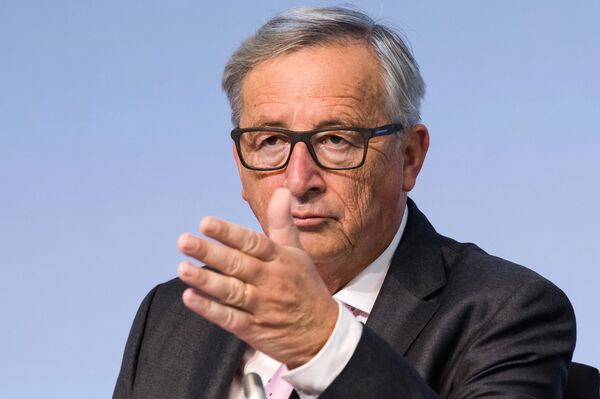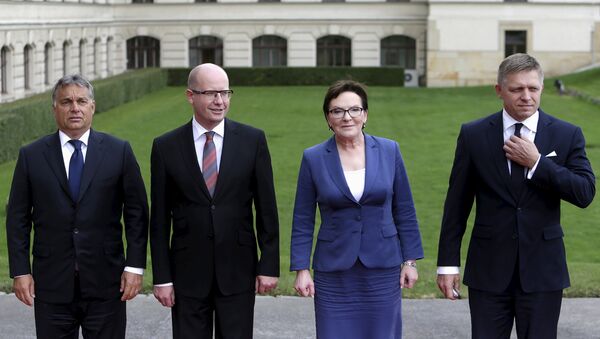Ahead of the crucial EU summit in Rome, March 25 — marking the 60th anniversary of the signing of the Treaty of Rome, which lay the foundations for the EU as it now is — the Visegrad group laid out their plans for the future of the EU.
"The European Council must play a key role, setting major political objectives in particular, the European Council shall profoundly discuss issues of European agenda which are of major national interest to Member States," their statement said.
Clearly, by making the focus of decision making center on the Council — the meetings of the country leaders and their ministers rather than the Commission, indicates the Visegrad groups intention to return powers to member states.
Joint Statement of the Heads of Governments of the #V4 Countries "Strong Europe — Union of Action and Trust". Input to Rome Declaration 2017 pic.twitter.com/OJbSMuGBAS
— Polish PM Office (@PremierRP_en) 2 March 2017
More Political Commission
However, this flies in the face of the Commission President Jean-Claude Juncker's remarks in his state of the union speech, September 2016, in which he said that the Commission should become more "political".

The Visegrad group also said that integration within the EU could be done at differing speeds — taking into account the Brexit vote and rising euroskepticism throughout Europe — but warned against the "disintegration" of the EU.
PM @BeataSzydlo: this joint declaration will be presented to our #EU partners in #Rome at the #EU 60th Anniversary Summit
— V4 PRESIDENCY (@V4_PRES) 2 March 2017
"Regardless of the speed of integration, we all need to pull in one direction, have a common objective, vision and trust in a strong and prosperous Union. However, to ensure a necessary flexibility, we can take advantage of enhanced cooperation, as stipulated in the Treaties.
"Yet any form of enhanced cooperation should be open to every Member State and should strictly avoid any kind of disintegration of Single Market, Schengen area and the European Union itself," the statement said.


